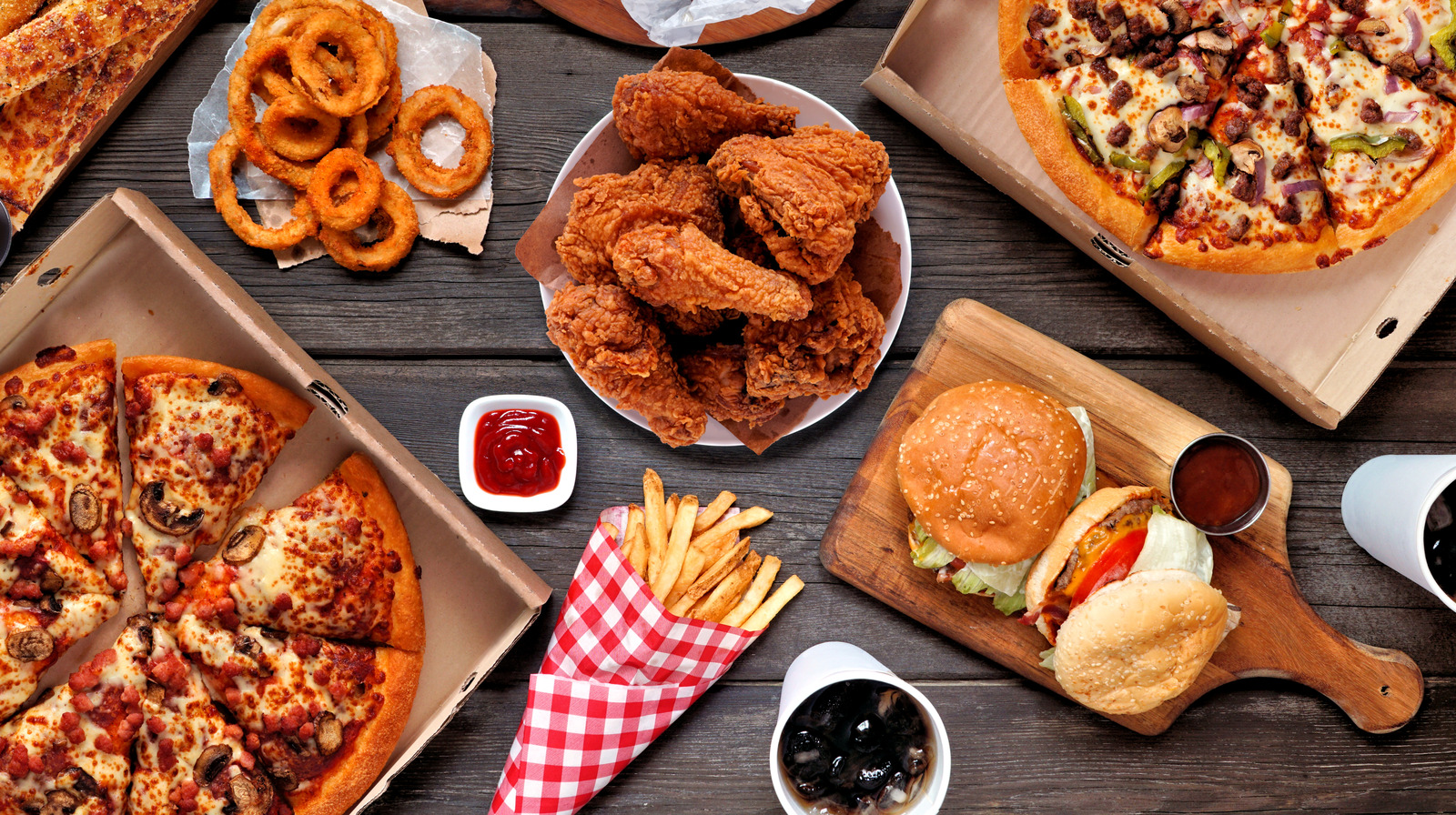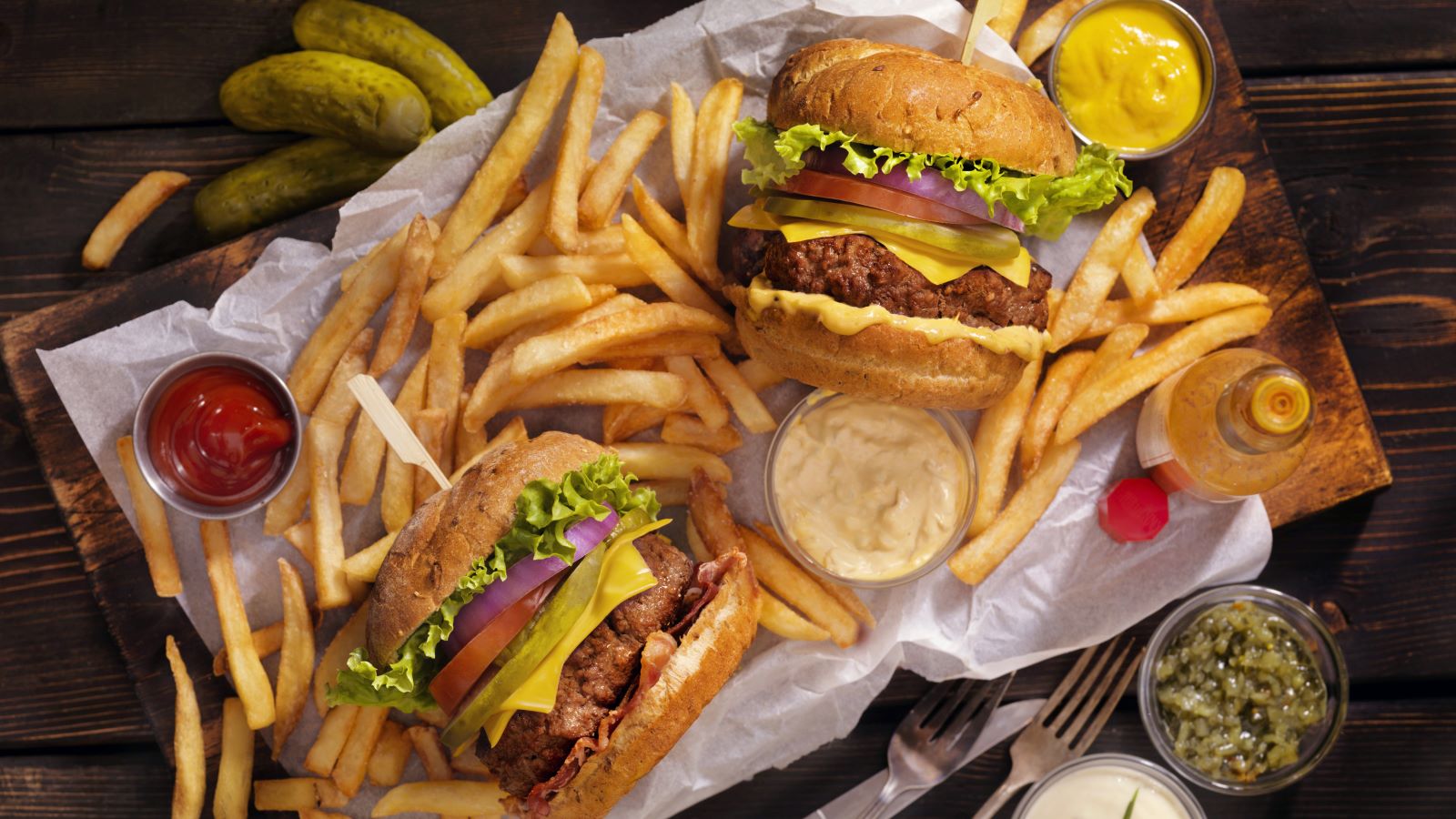Fast food is commonly understood to be less healthy than other meal options, but that doesn’t mean it should be completely avoided. Whether you’re in need of something quick or just craving a specific item, it’s okay to indulge occasionally. It’s important to remember that no food is inherently “good” or “bad”; it’s all about balance and personal choice.
PlushCare, a virtual primary care service, recently conducted a study on the nutritional content of popular fast food items. Their report, titled “The Most Unhealthy Menu Items at America’s Fast-Food Chains,” ranked five classic fast food staples: burgers, chicken sandwiches, chicken nuggets, french fries, and vanilla shakes. This study aims to help consumers make more informed decisions by evaluating the healthiness of these common choices.

The report noted that fast food is not typically associated with healthy eating, but there has been a recent push by fast food chains to add healthier options, such as salads, and to reduce calorie and sodium levels. However, these healthier options are often only alternatives to the more traditional, less healthy menu items, which remain popular. Since the pandemic, some chains have even cut back on healthier menu offerings due to consumer demand and operational efficiency.
To assess the healthiness of popular fast food items, PlushCare analyzed their nutritional content, including calories, sugar, saturated fat, and sodium. Using a nutrient profiling method from the Department of Health, they assigned an “unhealthiness score” to each item and created an overall ranking for each fast food chain based on these scores.
The report revealed that Five Guys’ cheeseburger is the unhealthiest burger option, with a high-calorie count, saturated fat, sugar, and sodium levels. The same chain also offers the least healthy fries. In contrast, Culver’s Butterburger was identified as the healthiest burger option, with relatively lower calories, fat, and sodium.
However, the McDonald’s cheeseburger also ranked fairly low on the unhealthiness scale, serving as a reminder that it’s okay to eat what you like, as long as you stay informed about your choices.
